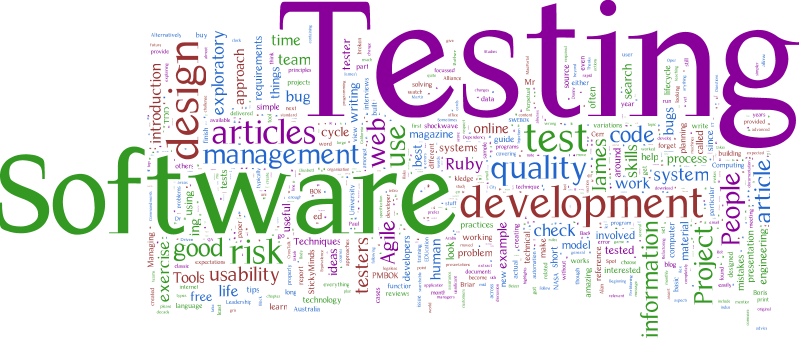 Managing QA in outsourcing mode has been one of the biggest challenges for all business owners. Lack of factual QA project Plan makes entire engagement so costly that businesses owners don’t feel secure and end up spending more efforts than required.
Managing QA in outsourcing mode has been one of the biggest challenges for all business owners. Lack of factual QA project Plan makes entire engagement so costly that businesses owners don’t feel secure and end up spending more efforts than required.
It is highly recommendable that testing service providers and business owners collectively should define a high-level project plan and a test strategy to accomplish desired QA results. A typical outsourcing QA project plan should consist following (no fix sequence):
- Introduction and Overview: Document should include a brief introduction about the team and company supporting the project along with QA objectives on this project.
- Scope: Should contain exact scope of the work as in what will be covered, possible action items and information/tasks which will not be covered in QA.
- Assumptions and Exceptions: Should list all the possible assumptions and exceptions which QA team will take based in defining the strategy based on the requirements. This will also include the list of exceptions and limitations related to the test infrastructure.
- Team Chart: This will help to understand roles and responsibilities of respective QA members and stakeholders associated with this project. It will also help client to reach a relevant person directly in case of any clarifications.
- QA Workflow: This will define the how the QA strategy will be met. It will describe methodology proposed and why, validation methods and type of test data required and if work is divided into test groups to easily manage major functionalities. This will also define what type of testing will be done in the project such as Regression, Unit, Integration, System, GUI etc.
- QA Recommendation: This will include any recommendation which QA team will provide to client. It will depend on the review of development work, requirement etc. QA recommendations could be anything starting from automating the test process to filling any missing gaps in requirement. This will be done at different stages of the development and has to be aligned to client requirement.
- Review of Test Infrastructure: It is important to assess the test infrastructure so that once project starts team doesn’t face challenges related to time consumed in loading the data etc. Clear information on test infrastructure is one of the perquisites for final production.
- QA Tools: This will detail all the processes and tools which will be utilized in the project. It will include list of project management, configuration management, bug tracking or any test case management tool along with framework and names of the recommended automation tool. This will also cover the usage details of any tool which is picked for the project.
Recommended Read: How to Choose a Right Outsourcing Partner
We believe above list will work as a checklist for developing a reliable QA project plan and will come very handy while working with QA teams.

Pingback: 25 Common Misconceptions about Software Testing | Globality Consulting